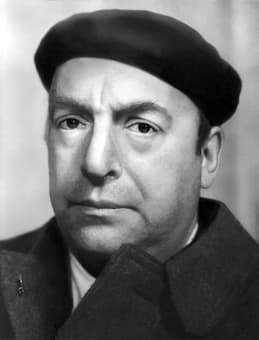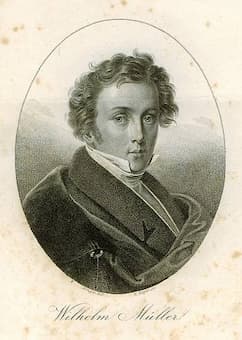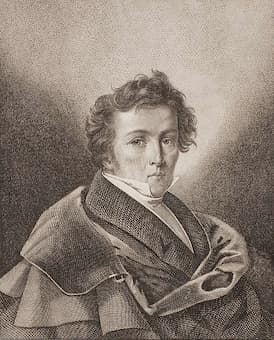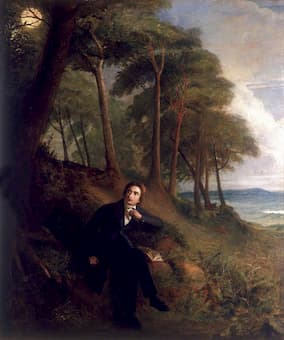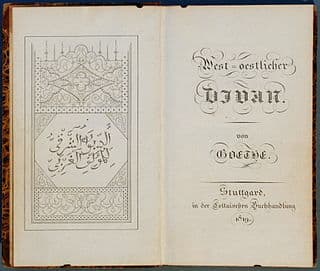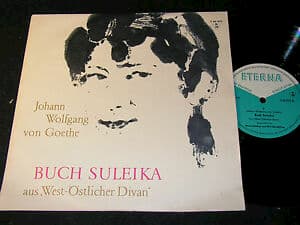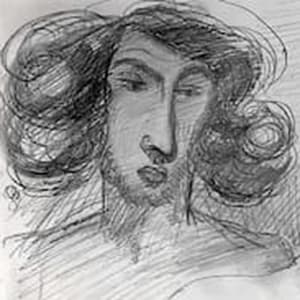Pablo Neruda (1904-1973) is one of the most influential and widely read 20th-century poets of the Americas. He received the Nobel Prize for Literature in 1971, and he is widely regarded “as the greatest poet writing in the Spanish language
Poetry
Wilhelm Müller’s poetic imagination is rooted in a strong sense of proportion, in what has been termed his “architectural sense.” However, none of his poems can be forced into the mold of a rigid system. “Everything develops organically between such
On 15 December 1822, Wilhelm Müller wrote a letter to the composer Bernhard Klein. Klein had set a number of poems from “Die schöne Müllerin,” and Müller thanked him for “the musical animation of my verses.” Müller writes, “My songs
The poet Wilhelm Müller (1794-1827) was famous in his lifetime for his verses in support of Greek struggle for emancipation from the Turks. Today, we mainly remember him for the highly popular song-cycles “Die schöne Müllerin,” and “Die Winterreise,” poems
In the woods in May 1819, a nightingale sings of summer and her notes fall on the ears of the poet John Keats. He uses the metaphor of the audible but invisible bird, singing to the open skies, as a
The Suleika figure we find in Felix Mendelssohn’s settings is far less Oriental and feminine than the one found in his sisters reading. Some scholars have suggested that chromaticism is traditionally linked with Orientalism. “It is supposed to embody cultural
Throughout the 19th century, the Orient raised scholarly interest and provided subjects for lyric poetry, fantasies and novels. Embodying everything that was exotic, erotic, and decadent, the orientalising fetish as it has been called, was fueled by two important sources
When Giacomo Puccini (1858-1924) was commissioned to compose a new opera in 1884, his choice of story fell on Edgar, a tragedy inspired by La coupe et les lèvres by Alfred de Musset. The librettist Ferdinando Fontana took some liberties,

